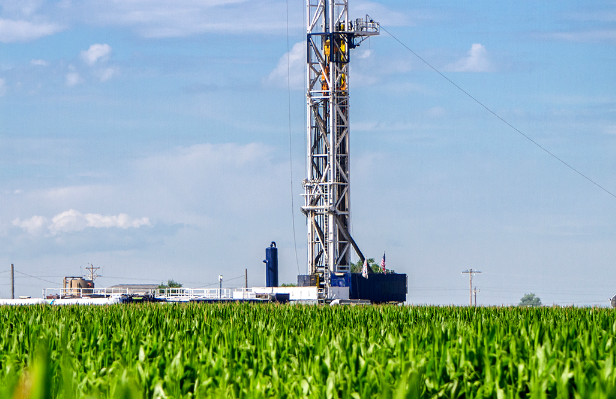Media

Three Reasons a Severance Tax Is a Bad Idea
The hunt for money to satisfy Harrisburg's overspending problem is in full gear. Lawmakers and special interests want to impose an additional tax on gas extraction in the Marcellus Shale, the nation’s largest natural gas field. Here are three reasons why a severance tax won’t balance the budget AND make future budgets more difficult.
1. It won’t raise enough money. Under the Senate budget plan, the effective tax rate for the 2017-18 fiscal year would be 2 cents per thousand cubic feet, although the annual tax rate could range from 1.5 cents to 3.5 cents. This would only raise around $100 million a year – nowhere near the $2.2 billion deficit.
2. Pennsylvania’s budget issues stem from excessive spending, not a lack of revenues. Even if lawmakers could balance this year's budget on the backs of one industry it won't last. Medicaid spending alone is projected to grow at 6.7% annually over the next five years while the economy grows at 2%. It would take 94 years of a severance tax to fund 1 year of Medicaid costs.
3. An additional tax will reduce job opportunities and exacerbate our economic stagnation. While supporters claim gas companies will pay the severance tax, the truth is that middle class families and businesses will foot much of the bill. The Independent Fiscal Office estimates Pennsylvania landowners will bear 7% of the tax and Pennsylvania natural gas consumers will bear almost 20% through higher utility bills. Beyond direct impacts natural gas businesses have signaled they send capital and create jobs elsewhere if taxes increase.
There are real-world impacts to the constant threat of a natural gas severance tax.
Matt Brewer of Hydroedge Solutions, an oil and gas service company in Washington, PA, testified at an August 15th hearing of the Taxpayers’ Caucus. He and his wife started their business in 2012 with one employee. They now have 85 employees (mostly Pennsylvanians). Matt is planning to make $2-3 million in capital investments and hire 40-60 people over the next year. Given Pennsylvania’s unfriendly business climate, he is being forced to consider taking his business across the border in Ohio.
Mark Caskey of Steel Nation, a construction, engineering, and environmental firm that serves the oil and gas industry, testified at the same hearing. He started his business in a spare bedroom in 2008 with $6,000 to his name. He now manages a $30 million budget with 103 employees. He has already canceled one project and delayed many more due to tax and regulatory uncertainty in Pennsylvania. Mark noted that the oil and gas industry is rebounding from a recent slump and asked why the state would punitively target it. He also pointed out that it’s much harder to do business in Pennsylvania than in surrounding states.
Pennsylvanians have already been hit with tax hikes in four of the past eight years. And yet, the state's budget challenges persist. Placing a greater burden on people like Matt Brewer and Mark Caskey won’t solve these challenges.
The commonwealth needs to boost economic growth and control spending, not raise taxes on entrepreneurs who are providing Pennsylvanians with affordable energy and family-sustaining jobs.